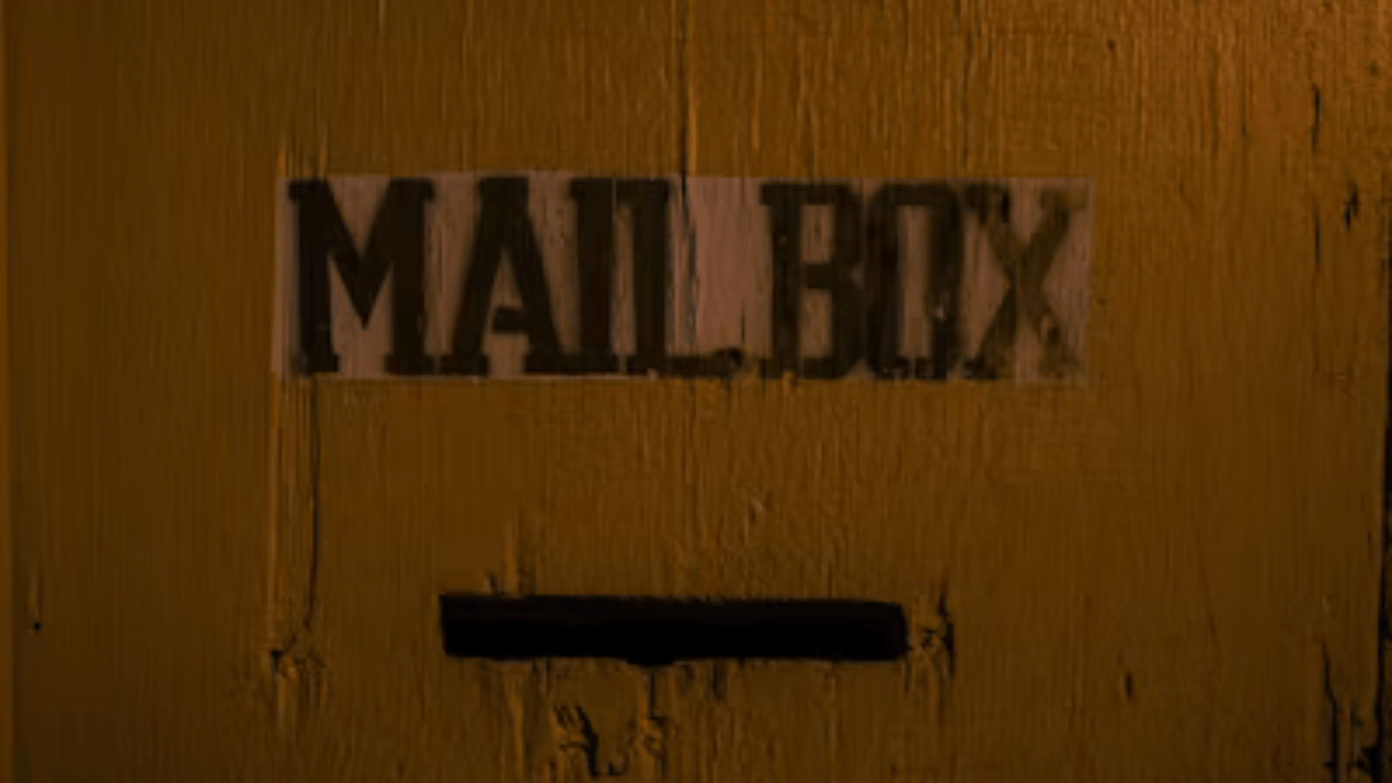As of September 30, 2025, the mailing of check payments from the Social Security Administration (SSA) will become completely e-based, replacing all benefit payment methods with electronic ones as detailed in this article, Major change coming to Social Security this fall – Mark the date in your calendar, Sept. 30, with millions of Americans’ paychecks at stake. Nonetheless, a few beneficiaries, including those who have reached 90 years or more, those with a qualifying mental impairment, and those residing in areas where electronic transaction infrastructure is almost nonexistent, may still qualify for paper checks through an exception from Treasury waiver.
Why paper checks are losing consideration
By mandate under an executive order, an initiative to modernize government payment systems is going to electronically transition all federal payments, including Social Security and SSI benefits, on or before September 30 . Compared to checks, electronic payments that Direct Deposit or Direct Express® prepaid debit card offers are very much faster, more secure, and cost around 15 cents in processing fee as opposed to 50 cents for paper checks savings that would mean millions for taxpayers.
By mid-2025, out of 5 million, fewer than 1 percent of beneficiaries, or literally around 500,000 individual beneficiaries, will be receiving paper checks monthly. The typical characteristic of these beneficiaries is as follows:
- The very elderly recipients
- Mentally or physically disabled individuals
- People living in rural or remote areas
All remaining paper-check beneficiaries must transition to electronic payment options or apply for one of the three rare exceptions to continue receiving paper checks.
The three exceptions
Treasury guidelines allow paper check waivers “only in rare circumstances.” You could remain eligible to receive mailed checks if you satisfy any one of these conditions:
- Age 90 or older: Beneficiaries who have reached their 90th birthday by the transition date may continue receiving paper checks.
- Mental impairment hardship: You have a documented severe mental impairment that renders you unduly difficult to make electronic payments; that waiver applies to you.
- Remote geographic location: Residents in areas lacking reliable banking or internet infrastructure-where electronic transaction options are effectively unavailable-are eligible.
How to apply for an exception
If you think you qualify for one of these exceptions, here are the steps you need to take:
- Request a waiver application: Call the Treasury’s Electronic Payment Solution Center at 1-855-290-1545 and request a paper waiver form.
- Complete the waiver form: Provide your Social Security number, personal details, the exception you are claiming, and supporting documentation (e.g., doctor’s note for mental impairment, proof of address for remote location).
- Submit the form: Mail the completed waiver form to the address indicated on the form. Keep a copy for your records.
- Await treasury decision: Treasury will review your request and notify you in writing whether your waiver is approved. Continue to monitor mail and ensure your address on file with the SSA is current.
What to do if you are ineligible
If you do not meet these exception criteria, you must choose an electronic payment method:
- Direct Deposit: Enroll your checking or savings account at Go Direct® via SSA’s online portal, by phone at 1-800-333-1795, or at your bank.
- Direct Express® Prepaid Debit Card: For unbanked beneficiaries, the Direct Express card allows benefits to be loaded monthly without fees or credit checks.
Beneficiaries need to create or update their electronic payment details before September 15 to guarantee that their benefits will continue without any interruption.
Extra tips for facilitating transition
- Update your address: Check mailing and electronic payment addresses through your my Social Security account or through SSA by calling 1-800-772-1213.
- Seek help: SSA field offices in your area will assist you in Direct Deposit sign-up or direct you to the Direct Express program.
- Stay updated: Look at an official SSA notice that accompanies the benefit statement and go to SSA.gov/deposit for information.
Though improving efficiency and security, electronic payments pose challenges for a small percentage of recipients. Ensure you apply for a Treasury waiver to continue receiving paper checks if you are 90 years or older, have a qualifying mental impairment, or live in a remote area without electronic infrastructure. Otherwise, enroll in Direct Deposit or in the Direct Express card by mid-September to avoid disruptions in your Social Security benefits.
Read more: How can I get a copy of my wage and tax statements (Form W-2)?
Read more: Bad news for social security recipients as cuts of up to $24,000 for some recipeints planned

